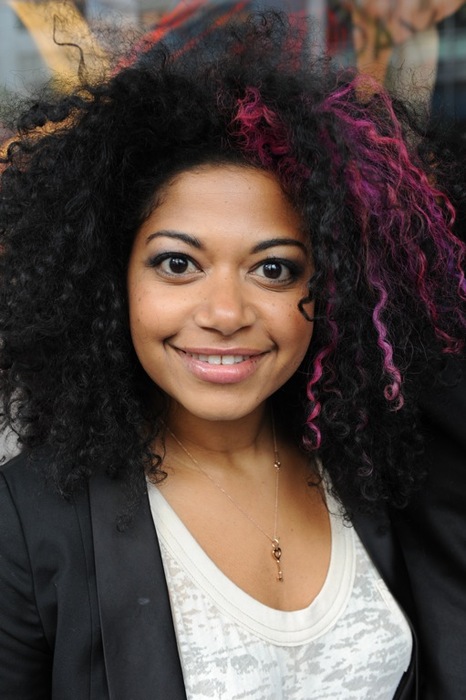Victor Hugo
Weaveeing the critical critical A literary he was one of the first types that had appeared with the intention to analyze workmanships as books, romances, poetry, among others literary manifestations. It if of the one in the measure where consecrated authors make critical of its colleagues or its proper ones as he happened with Victor Hugo, Zola and Machado de Assis. Thus being, literary critic, – other critics exist: as of cinema, theater etc then, he starts to be the professional who evaluates, he judges, he investigates and he comments the literary compositions. So that this happens is necessary all a preparation technician and the knowledge of the diverse schools and styles. She is necessary to know to evaluate the workmanship, the creation, without intending to weave a picture psychological of the author. However, it is in the subjectivity that if unmasks the philosophical position, cultural politics and of the author. Face to the workmanship, we can get the biographical information, the historical consideraes on the social political situation of the moment, the society, thought of the intellectuals.
We can say that, many times, are about true ' ' garimpo' '. It is not to toa that the critics are, most of the time, badly seen, criticized with hardness and enclosed in one of the types of critics: the pretense critics (that sporadical they weave some critical one), the writers/theoreticians, those that methodically are turned to the study of the literary creations, and those that never if had ventured in the branch of the critical one and do not accept no intromission in its workmanship. It is well certain that still the critical one of the mutual compliment exists, critical the most emotional one of what multicriteria and of ' ' preparation of manioc meal-prazeres' '. However, in critical literary, we must not have the pretension to know all the answers to the text/workmanship inquired – the important one is to possess a correct intuition concerning these answers.

